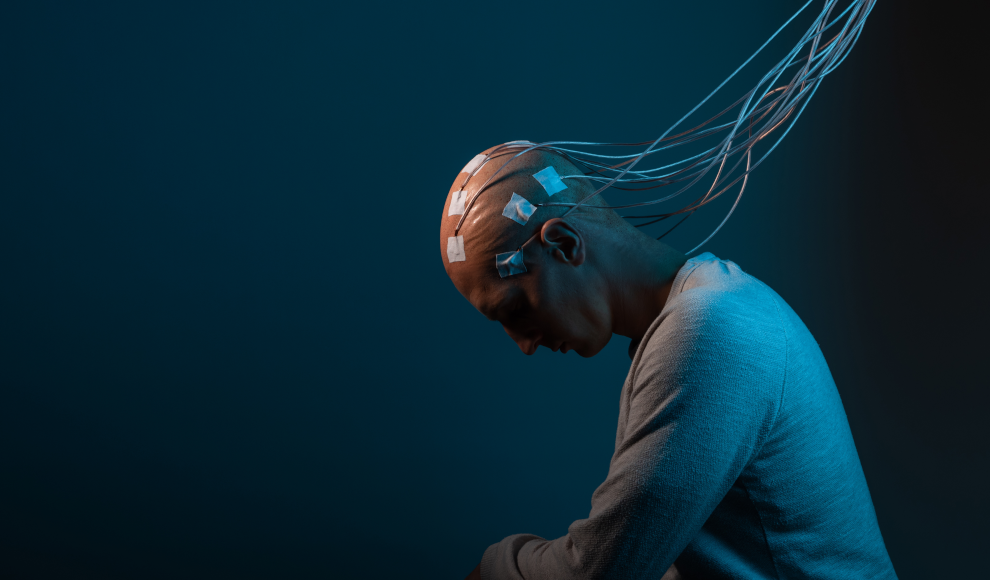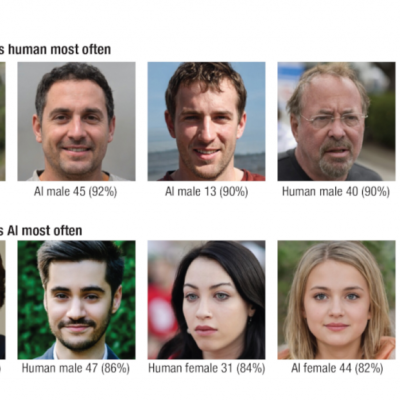The field of neurotechnology has made significant strides in recent years, with researchers at the University of Texas using functional magnetic resonance imaging (fMRI) and artificial intelligence (AI) to read a person’s thoughts. Meanwhile, Neuralink is on the verge of testing its Brain-Control Interface (BCI) on humans. However, the United Nations Educational, Scientific and Cultural Organization (UNESCO) has issued a warning about the unregulated use of neurotechnology. The International Bioethics Committee (IBC) of UNESCO has called for a global dialogue to establish ethical regulations that ensure the use of neurotechnology does not endanger human rights and freedoms.
The UN’s definition of neurotechnology includes all methods of monitoring, investigating, and manipulating the function and structure of neural systems, including robot prostheses and brain implants. One of the main concerns of the IBC is that much of the neural data generated is unconscious, making it difficult for individuals to control its use by companies. Audrey Azoulay, the Director-General of UNESCO, warns that neurotechnology could be used to manipulate people’s brains and produce information about their identity and emotions. The IBC also fears that BCIs could hinder the brain development of young people and exacerbate global inequality.
The IBC’s warning highlights the need for ethical regulations to ensure that the use of neurotechnology does not endanger human rights and freedoms. While neurotechnology has the potential to solve many health problems, it also has the potential to create a superhuman class that could deepen existing inequalities. As access to advanced technologies becomes more widespread, it is essential to ensure that their benefits are distributed equitably. The UN’s call for a global dialogue on the ethical use of neurotechnology is an important step towards achieving this goal.










